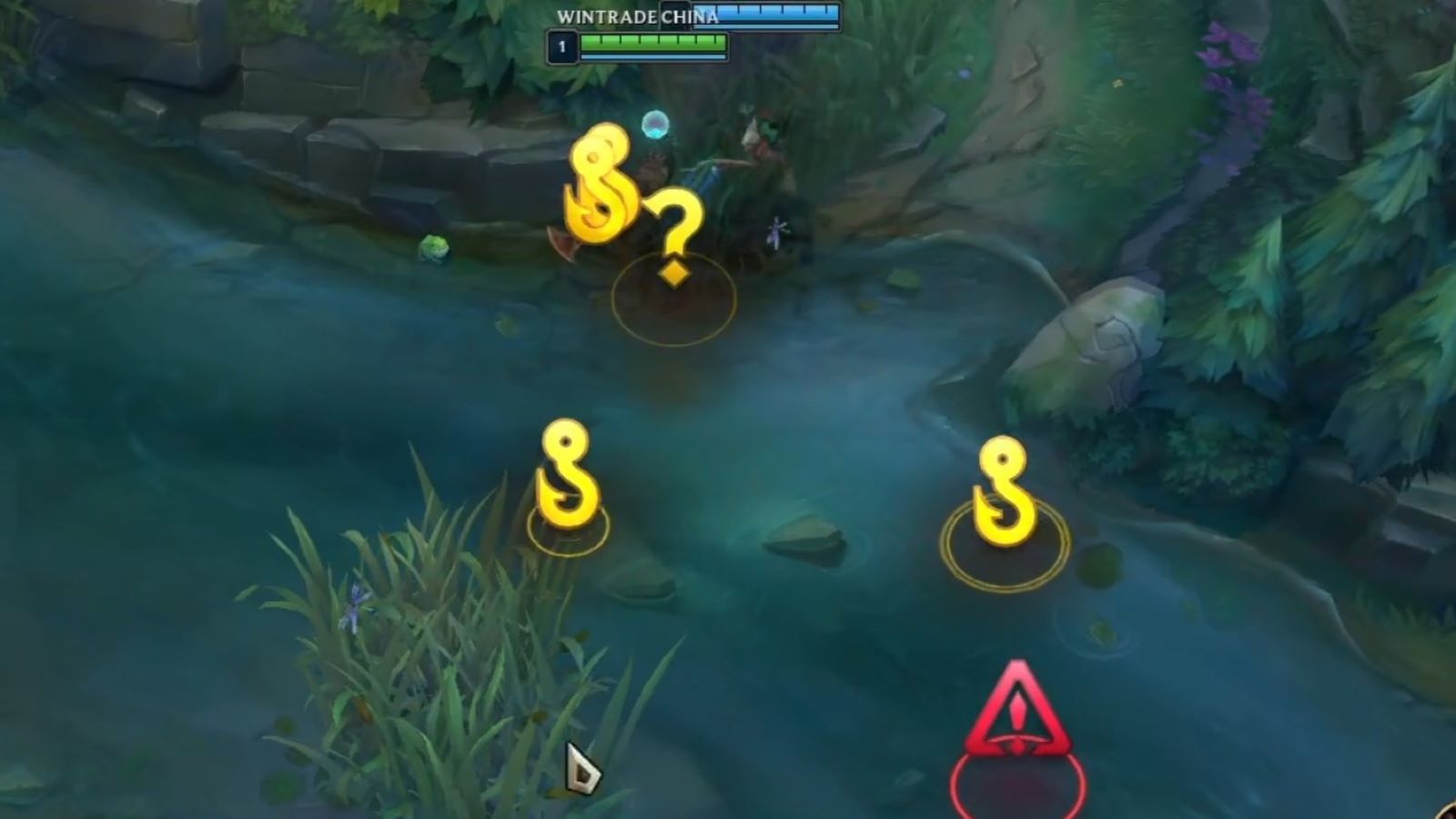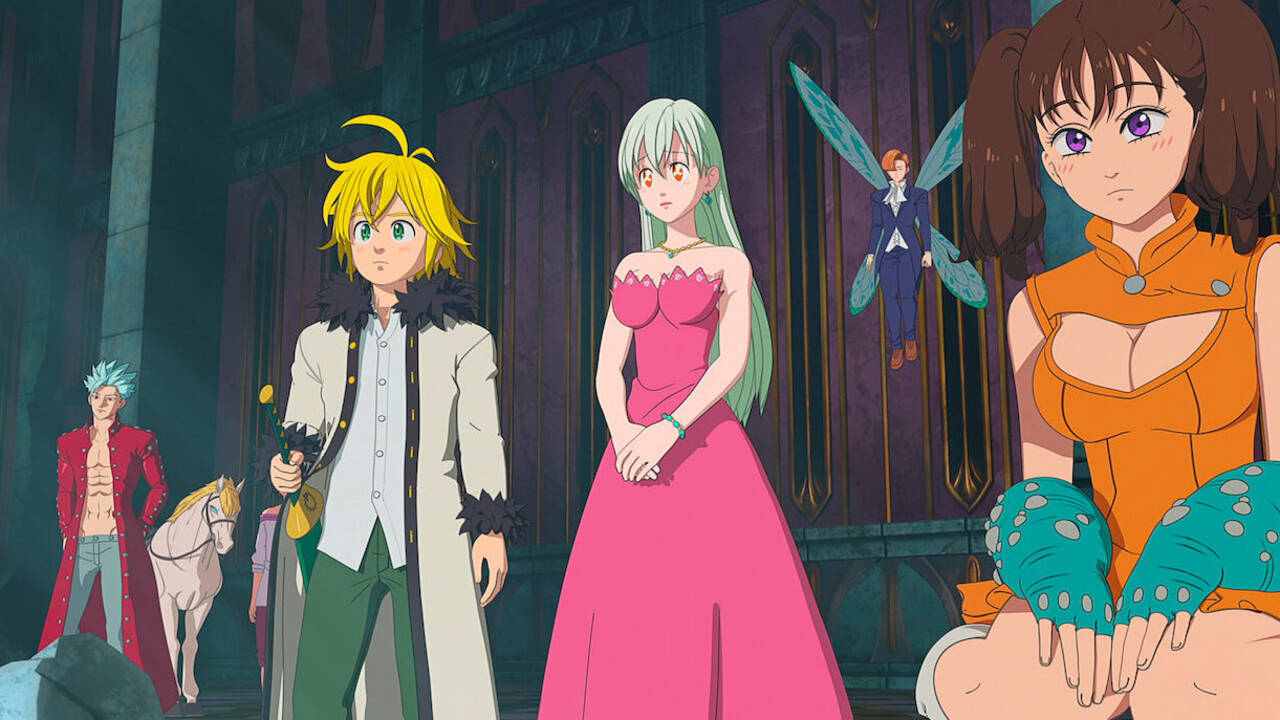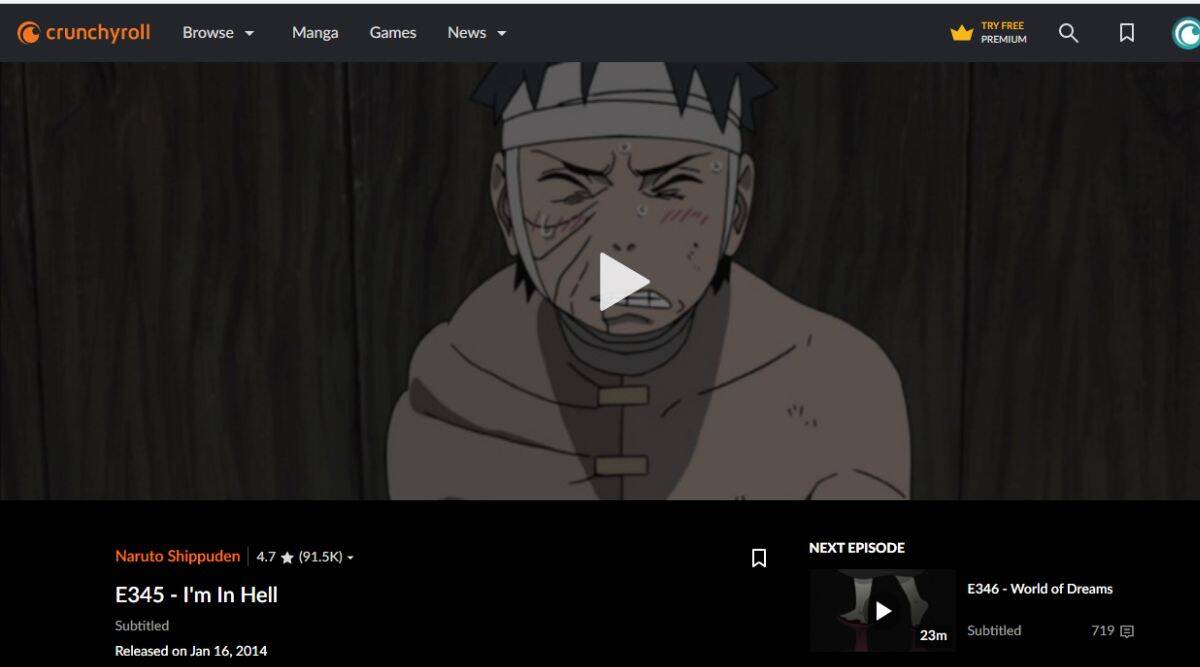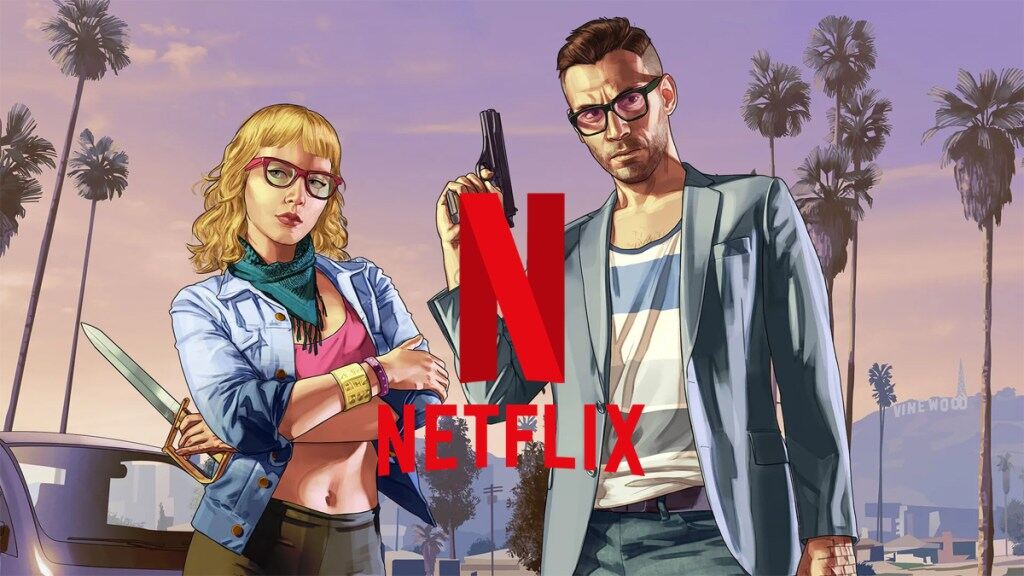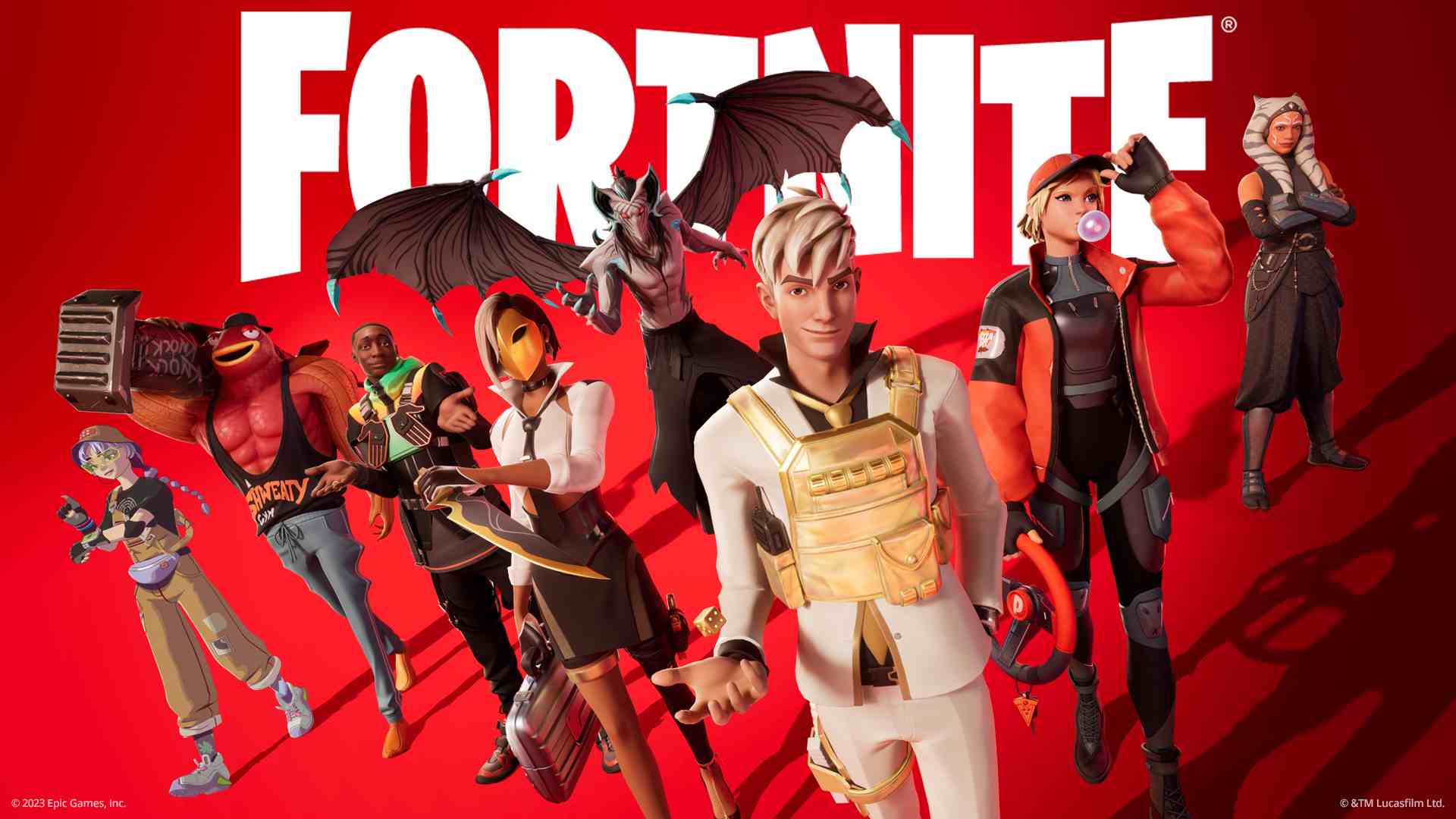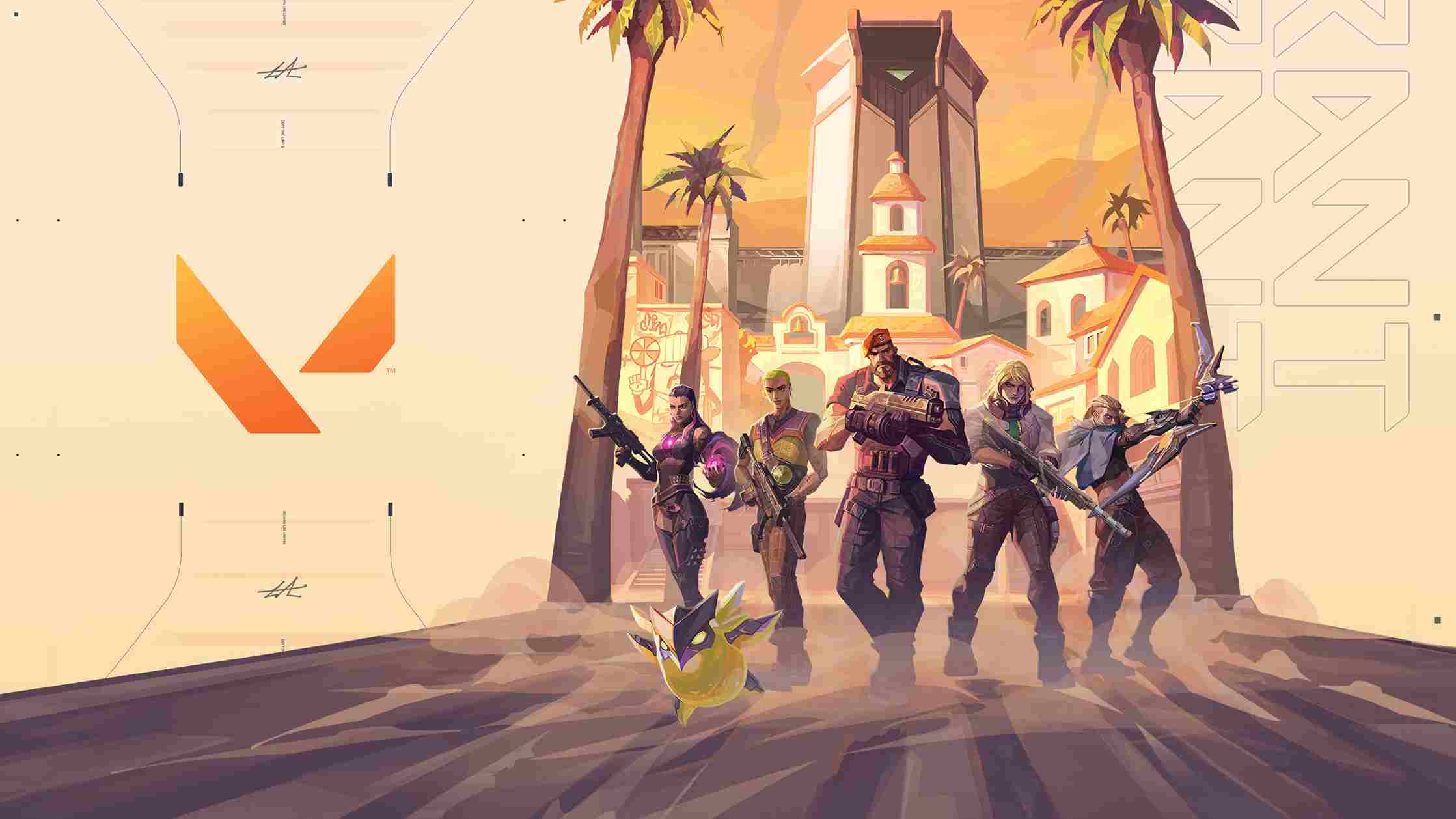One Piece Live-Action Likely To Overtake Game Of Thrones Per Episode Cost
Fans received a financial revelation on Monday, August 27, 2023, regarding Netflix’s highly anticipated One Piece live-action series. Reports surfaced indicating that each episode of this upcoming series carries a higher price tag than the episodes of Game of Thrones. This tidbit, which had been a focal point of online discussions, has now received validation from Netflixwoche, the German site associated with Netflix.
In a significant turn of events for entertainment enthusiasts, the highly anticipated One Piece live-action series has stormed into the limelight once again. While anticipation has been brewing for some time, the recent revelation about the budget for each episode of the One Piece series has truly set the fandom ablaze. In this era of streaming content, where productions are aiming to outdo each other in terms of scale and grandeur, it appears that Netflix’s One Piece is all set to dethrone the once-reigning cost champion, Game of Thrones. Let’s delve into the details and implications of this intriguing development.
One Piece Live-action Series’ Budget Stands at $17.27 Million Per Episode
As the news broke through the digital airwaves courtesy of Netflixwoche, it became apparent that the financial investment behind the One Piece live-action series is no small feat. In a fascinating twist, the per-episode budget for the forthcoming series is slated to surpass the budgetary scale of the acclaimed Game of Thrones episodes. The reported figure for each episode of the One Piece live-action adaptation stands at a staggering $17.27 million.
While this revelation has sent ripples of excitement throughout the fandom, it’s worth noting that the specifics of this comparison might require closer examination. Netflixwoche’s report doesn’t explicitly clarify whether this figure is targeted at the overall per-episode budget of Game of Thrones or exclusively pertains to the eighth and final season. For context, the financials for Game of Thrones’ eighth season are remarkably close to what the publication has indicated. With an approximate budget of $90 million for six episodes in that season, the numbers align quite strikingly.
The consensus emerging from this scenario suggests that the per-episode budget highlighted by Netflixwoche might indeed be referring to Game of Thrones’ eighth season rather than the entire series. This inference gains strength from the knowledge that the show’s eighth season boasted some of the most economically hefty episodes in its entire run. Consequently, if these figures encompass the series in its entirety, the numbers might conceivably present a less towering comparison.
Anticipation Peaks as Premiere Date Looms
As the countdown to the premiere ticks away, fans’ excitement is palpable. The One Piece live-action series is all set to make its global debut on Netflix on Thursday, August 31, 2023. Although the streaming platform has yet to unveil an exact time for the release, it’s customary for Netflix to roll out its exclusive content around 12 am Pacific Time.
The buzz surrounding this adaptation has been a rollercoaster ride, with the fan base of Eiichiro Oda’s original manga series oscillating between skepticism and hope. However, the pendulum has largely swung towards optimism as early reviews, trailers, and additional promotional materials have started to paint a promising picture. Those who initially held reservations are now embracing the series’ potential with renewed enthusiasm.
As the curtain rises on this new era of live-action adaptations, the financial benchmark set by the One Piece series raises intriguing questions about the future of high-budget streaming content. While the cost comparison with Game of Thrones might not be a straightforward apples-to-apples scenario, the fact that such discussions are taking place highlights the ever-growing ambition and scale of the entertainment industry. Whether the One Piece live-action series manages to secure its place as a cost champion or not, its impending arrival marks a milestone in the convergence of digital storytelling and massive investment. The future promises to be an exciting one for fans, creators, and the industry at large.
Also Read: 5 Reasons Why Anime Production Delays Are Normal: All You Need To Know


